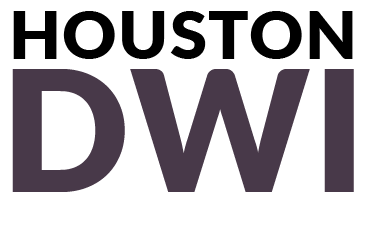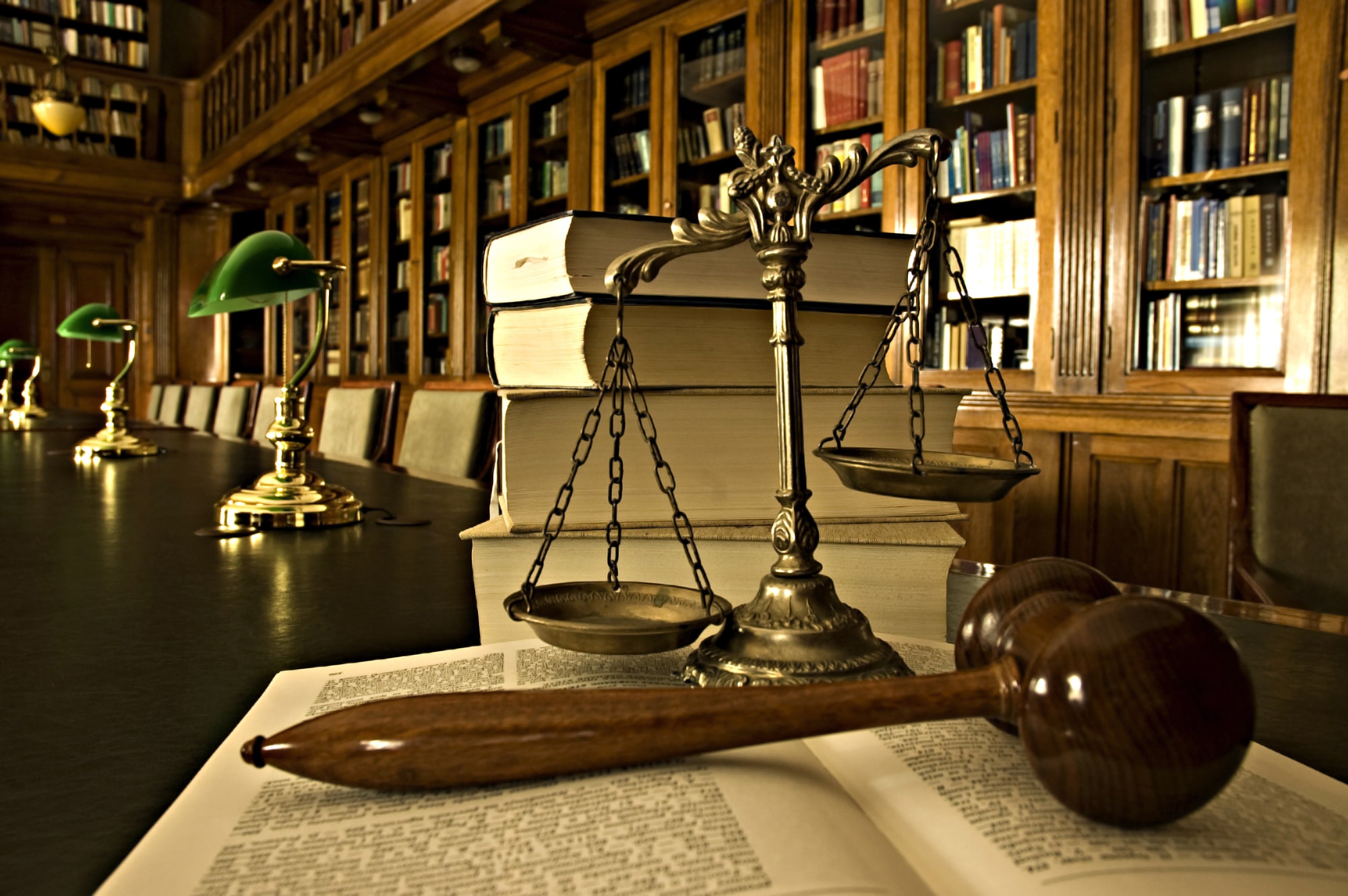Filing for Chapter 7 bankruptcy is a significant decision that can offer a fresh start for many, but it also comes with its set of challenges. Understanding the advantages and drawbacks is crucial before embarking on this legal journey. As our friends at Pioletti Pioletti & Nichols can explain, it’s important to weigh the pros and cons of this decision before diving in:
The Pros Of Chapter 7 Bankruptcy
Quick Discharge Of Debts
One of the most appealing aspects of Chapter 7 is the speed at which debts can be discharged. Typically, the process can be completed in 3-6 months, offering a relatively quick path to financial freedom. If you’re in a financial bind and you want to relieve the pressure as soon as possible, this is a major selling point.
Exemption Of Certain Assets
Many people know that you have to get rid of many of your belongings if you file Chapter 7. However, despite the liquidation aspect of Chapter 7, many states allow you to keep certain exempt assets. These can include basic necessities such as your home, car, and personal belongings, subject to specific limits.
Automatic Stay
Upon filing, an automatic stay is put in place, which immediately halts most collection activities, lawsuits, foreclosures, and wage garnishments. This provides immediate relief from creditors’ harassment.
Fresh Financial Start
Chapter 7 bankruptcy wipes out most debts, offering a clean slate and the opportunity to rebuild your credit and financial life from scratch.
The Cons Of Chapter 7 Bankruptcy
Impact On Credit
Filing for Chapter 7 bankruptcy significantly impacts your credit score. This mark remains on your credit report for up to 10 years, affecting your ability to obtain new credit, secure housing, or sometimes even employment.
Loss Of Property
While exemptions exist, Chapter 7 can still result in the loss of non-exempt property. If you have significant equity in a home or other valuable assets that aren’t covered by exemptions, you risk losing them in the bankruptcy.
Not All Debts Are Discharged
Certain types of debts, such as student loans, child support, alimony, and some taxes, are not dischargeable in a Chapter 7 bankruptcy.
Ineligibility For Some Individuals
Not everyone qualifies for Chapter 7 bankruptcy. There’s a means test that assesses your income and expenses against the median income in your state. If your income is too high, you may not be eligible.
Short Term Relief, Long Term Consequences
While Chapter 7 offers immediate relief from debts, the long-term consequences on your credit and financial standing are significant and require careful consideration and planning for the future.
Emotional And Social Impact
Filing for bankruptcy can be an emotionally taxing process. There’s often a stigma attached to bankruptcy, and it can be a source of stress and embarrassment for some individuals.
Consultation With A Bankruptcy Lawyer
Given these varied pros and cons, consulting with your qualified chapter 7 bankruptcy lawyer is essential. They can provide personalized advice based on your unique financial situation and help you navigate the complexities of the bankruptcy process.
Don’t hesitate to get your finances back on track. Get in touch with a lawyer today, and take an important step toward rebuilding your future.

